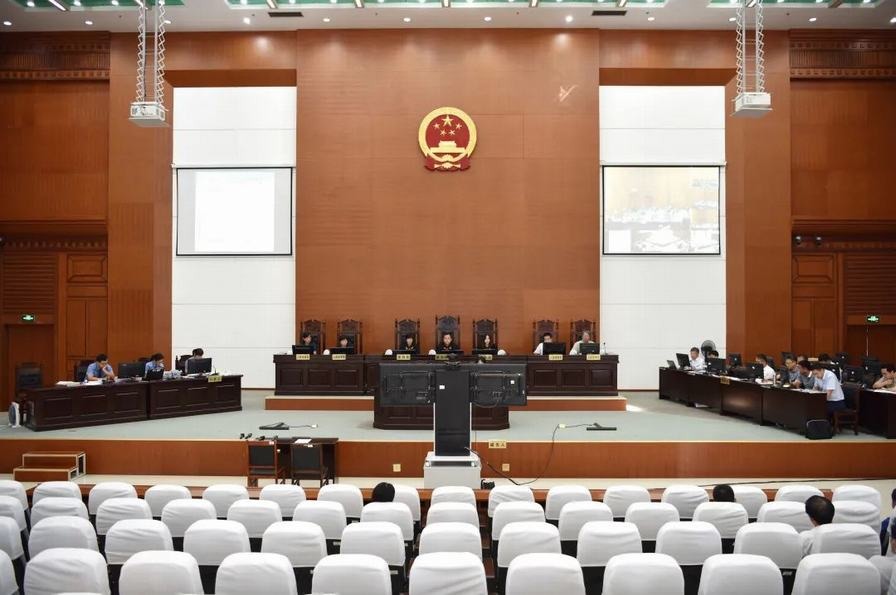
"Third-party beneficiary insurance" is the term used to describe an insurance policy where the coverage is not directly for the insured person but for another individual or entity outside the primary contract. As a senior and experienced attorney, I will analyze this concept from five key legal aspects, supported by relevant legal provisions.
1. **Contract Formation**: The policy is established between the insurer and the primary policyholder, who pays premiums. However, the third-party beneficiary is typically named as an "indirect beneficiary" in the policy document (Insurance Code Section 3040, California). This means the insurance contract includes a provision that allows the benefits to be paid out to the named beneficiary upon the policyholder's death or other triggering event.
2. **Right to Receive Benefits**: A third-party beneficiary has a legally enforceable right to receive the insurance proceeds, assuming they meet the conditions outlined in the policy (e.g., being alive at the time of payout) (Uniform Insurance Contracts Act, UICA, Article 2). The policyholder cannot revoke this right without the beneficiary's consent, except under specific circumstances like fraud or misrepresentation.
3. **No Privity of Contract**: The third-party beneficiary is not a party to the original contract between the insurer and the policyholder, hence there is no privity of contract (Restatement (Second) of Contracts, Section 208). This principle ensures that the rights and obligations of the parties are limited to those explicitly stated in the policy.
4. **Liability of Insurer**: The insurer remains liable to pay the benefits to the third-party beneficiary regardless of the policyholder's ability to fulfill their obligations (Insurance Code Section 3760, California). This means the insurer is not absolved of its contractual obligations simply because the primary policyholder defaults.
5. **Enforcement and Dispute Resolution**: If a dispute arises, the beneficiary can seek legal remedies through courts or arbitration, relying on the terms of the policy and applicable insurance laws. The courts may interpret the policy language and determine the beneficiary's rights (Insurance Law, Section 3900, California).
In conclusion, third-party beneficiary insurance is a mechanism that provides financial security to an individual not named as the policyholder, with clear legal protections and obligations for all parties involved. The rights and liabilities are defined by the insurance contract, state law, and the principles of privity and third-party rights.
总结:In conclusion, third-party beneficiary insurance is a mechanism that provides financial security to an individual not named as the policyholder, with clear legal protections and obligations for all parties involved. The rights and liabilities are defined by the insurance contract, state law, and the principles of privity and third-party rights.










